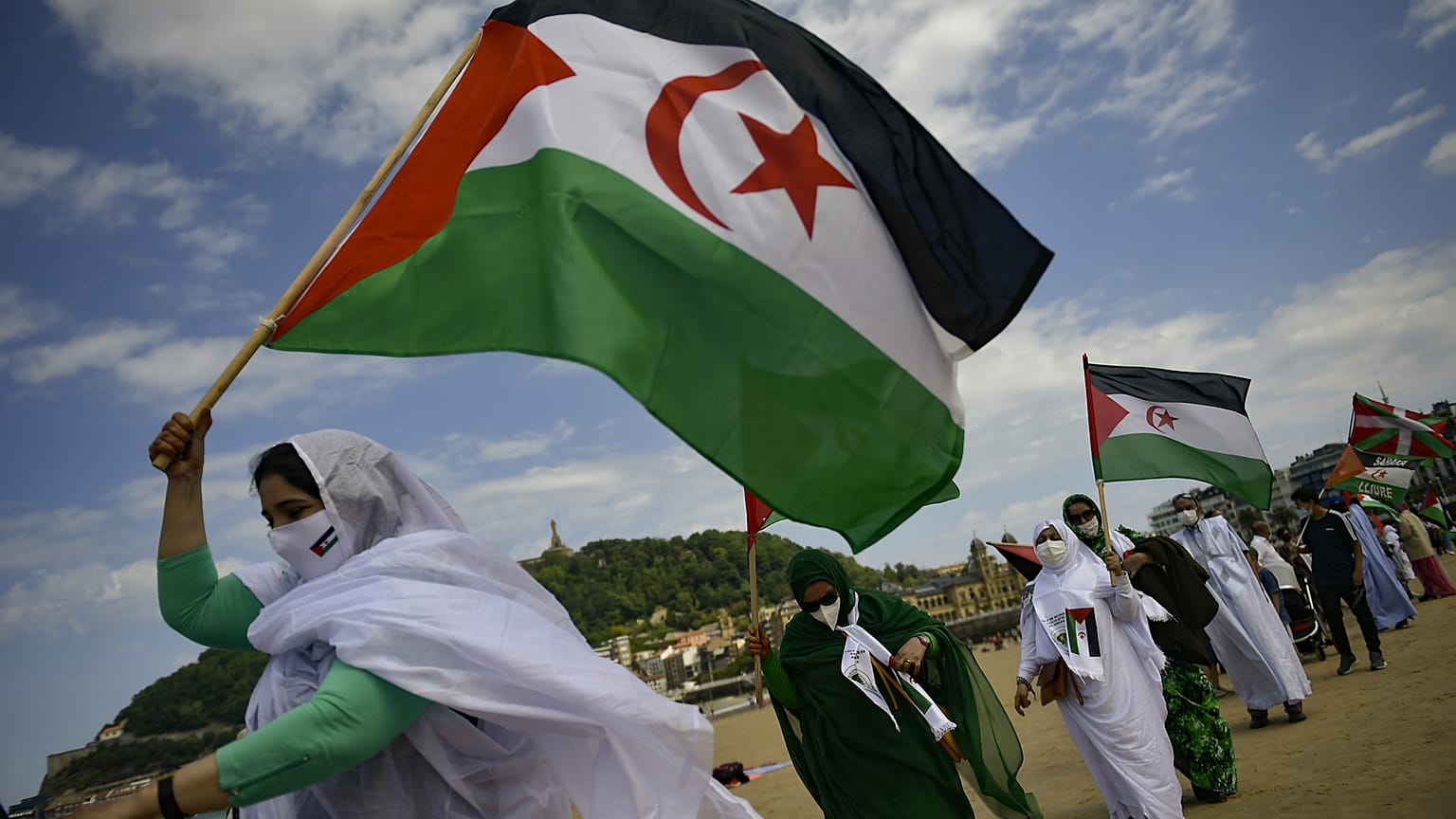The Western Sahara dispute, rooted in a 50-year conflict, presents major obstacles to US envoy Steve Witkoff's 60-day peace proposal for Morocco and Algeria, say analysts.
US Middle East envoy Steve Witkoff's claim that Morocco and Algeria could achieve peace within 60 days faces deep obstacles rooted in a 50-year dispute over Western Sahara, with analysts warning that fundamental disagreements over sovereignty and self-determination make a swift breakthrough unlikely.
The conflict dates to Spain's 1975 withdrawal from Western Sahara after a century of control.
Morocco claims the territory as its historical sovereign land based on tribal allegiance to the Alaouite throne.
At the same time, Algeria backs the Polisario Front, which declared the Sahrawi Republic in 1976 and seeks independence through self-determination.
"This is an open wound in the Maghreb body that does not heal and is not left to bleed peacefully," Maghreb specialist Nizar Makni told Euronews.
Old rivalry renewed
The rivalry extends beyond geography to opposing political identities. Morocco frames Western Sahara as a non-negotiable national territory, while Algeria views Morocco's position as an expansionist hegemony that requires principled resistance.
Diplomatic tensions escalated after French President Emmanuel Macron publicly supported Moroccan sovereignty over Western Sahara in October 2024, followed by Spain's March 2022 backing of Morocco's 2007 autonomy proposal. Both moves triggered ongoing crises with Algeria.
US President Donald Trump reshaped regional dynamics in December 2020 by recognising Moroccan sovereignty over Western Sahara in exchange for Rabat normalising relations with Israel through the Abraham Accords.
The United Nations still considers Western Sahara a disputed territory requiring a referendum that has been delayed for three decades. Algeria maintains its position as a regional power while Morocco pursues international recognition of its territorial claims.
The stalemate has paralysed the Maghreb Union, turning the regional integration project into a symbolic structure as Algeria strengthens ties with Moscow and Beijing, elevating the dispute from a regional issue to a matter of international power dynamics.
The main obstacle to US-brokered peace remains Algeria's insistence on an independence referendum, which Morocco categorically rejects, while offering autonomy under its sovereignty. The land border between the countries has remained closed since 1994.
Three possible scenarios
Makni outlined three scenarios for the US initiative. A partial settlement could reopen dialogue and borders without resolving the core conflict, achieving "strategic calm" for Washington's regional objectives.
The most likely scenario is a continued stalemate if Algeria maintains its support for Polisario and Morocco rejects referendum discussions, reducing diplomatic efforts to formal statements while eroding confidence in US mediation.
A comprehensive settlement represents the most optimistic yet difficult path, requiring both sides to conclude that a deal is less costly than continued deadlock.
This could involve Algeria accepting UN-supervised autonomy with economic guarantees, while Morocco supports reactivating the Maghreb Union, reopening borders and granting Algeria access to the Atlantic Ocean.
"If this scenario were to materialise, it would constitute the biggest strategic shift in North Africa, ending half a century of antagonism," Makni said. However, he assessed the chances as slim.
The conflict involves multiple international actors including France, Spain, the US, Russia and China, each with interests in gas, ports, sea lanes and African influence. The Polisario Front and UN peacekeeping operations further complicate prospects for a settlement.















